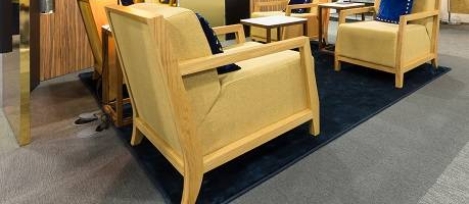June 24, 2016
UK and US staff skip holidays and work beyond contracted hours 0
 Flexible working doesn’t necessarily translate to spending less time at work, as the prediction that technology will enable workers to enjoy more leisure time fails to materialise. A new survey has revealed that nearly nine out of ten British workers failed to take all of their holiday allowance last year, with almost one in 200 missing out on more than ten days of paid leave. In some cases, that meant workers missing out on as much as £675 of annual leave, according to Voucherbox. Meanwhile, a survey commissioned by The Workforce Institute at Kronos has revealed that the practice of working outside standard contracted hours is so ingrained in American culture that a majority of full-time salaried employees in the US would work off-the-clock even if it was against company policy. As the line between work and life continues to blur, 81 percent of US salaried employees report that they conduct work outside of their standard hours.
Flexible working doesn’t necessarily translate to spending less time at work, as the prediction that technology will enable workers to enjoy more leisure time fails to materialise. A new survey has revealed that nearly nine out of ten British workers failed to take all of their holiday allowance last year, with almost one in 200 missing out on more than ten days of paid leave. In some cases, that meant workers missing out on as much as £675 of annual leave, according to Voucherbox. Meanwhile, a survey commissioned by The Workforce Institute at Kronos has revealed that the practice of working outside standard contracted hours is so ingrained in American culture that a majority of full-time salaried employees in the US would work off-the-clock even if it was against company policy. As the line between work and life continues to blur, 81 percent of US salaried employees report that they conduct work outside of their standard hours.































June 24, 2016
Property and workplace experts have their say on the Brexit outcome 0
by Mark Eltringham • Architecture, Comment, Facilities management, Property, Workplace, Workplace design
(more…)